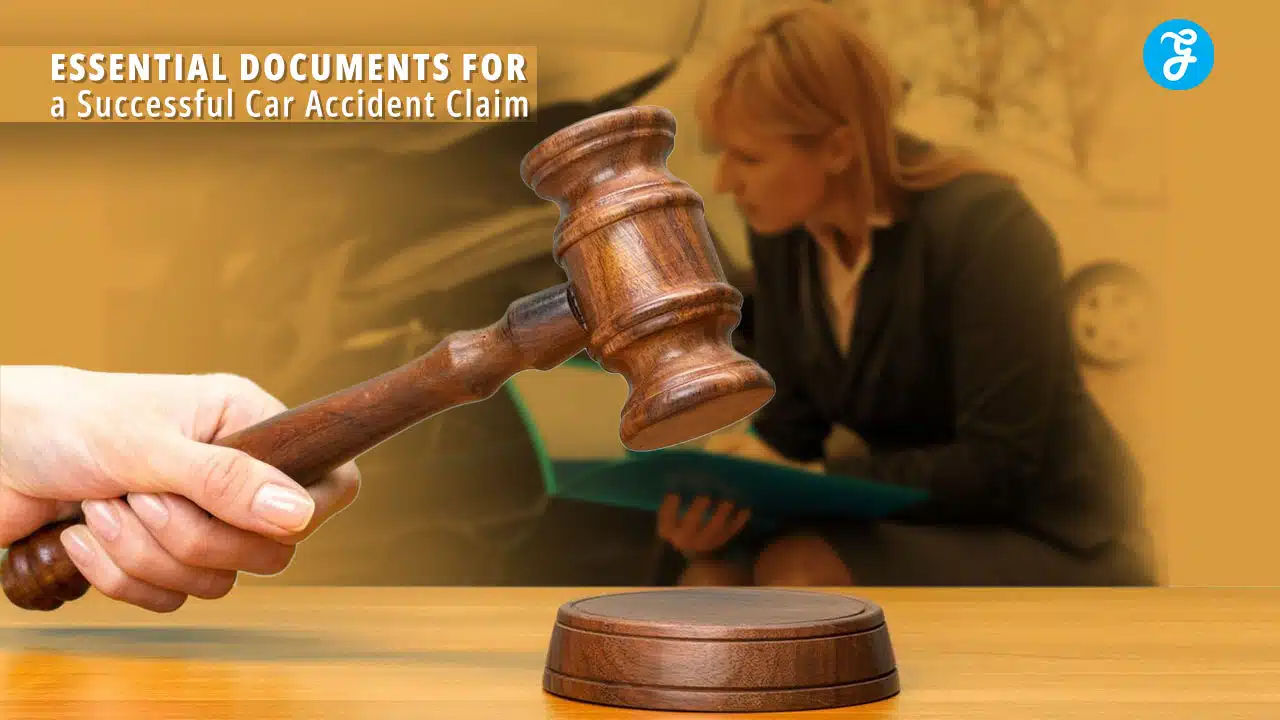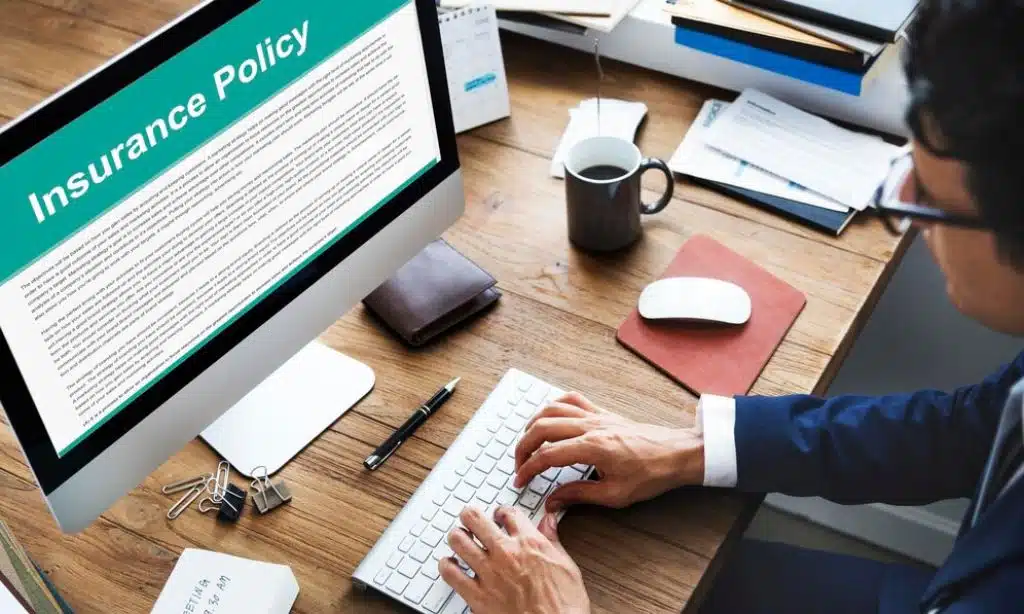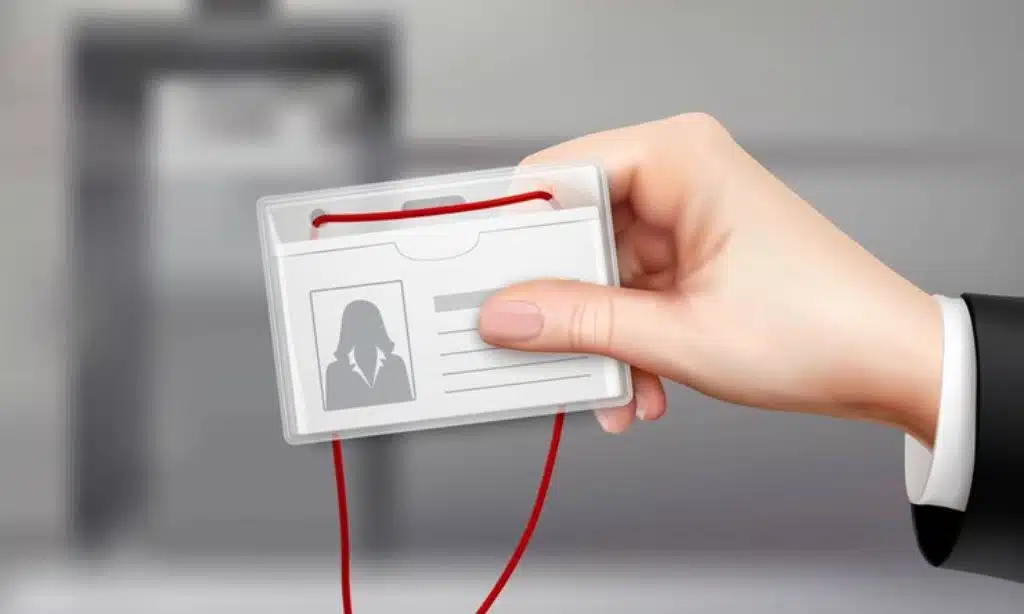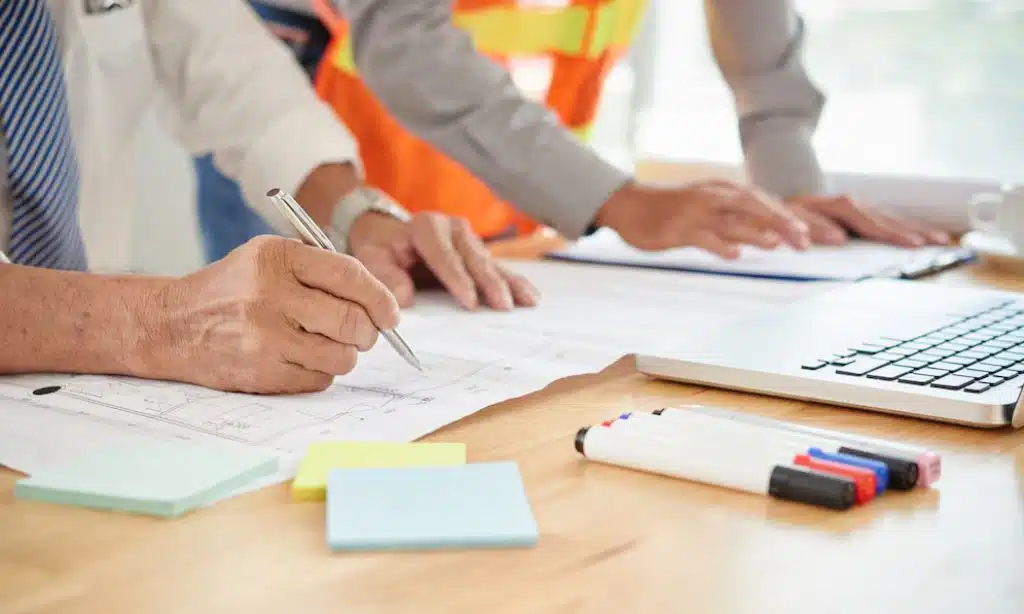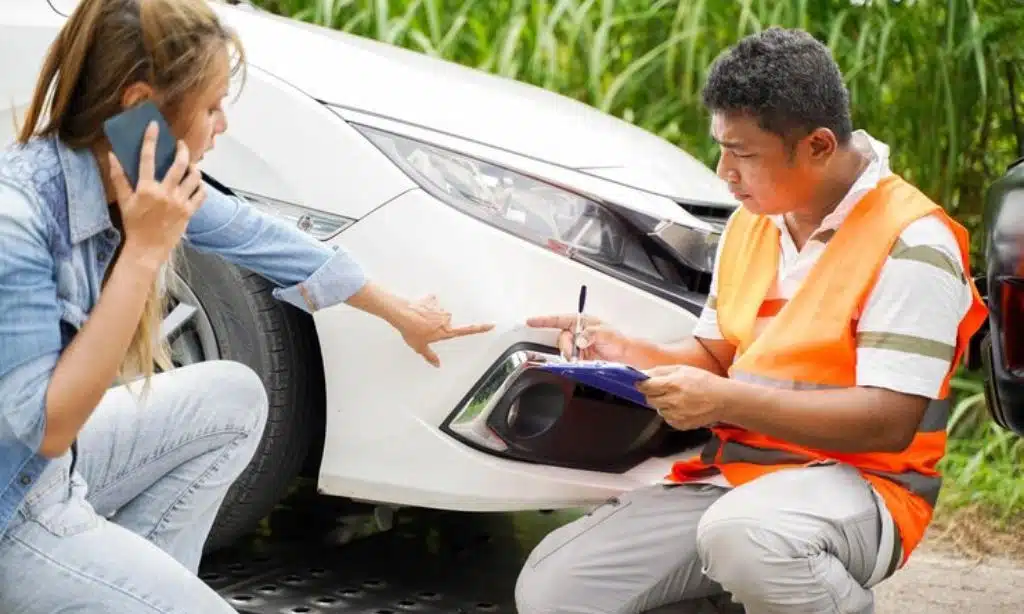Car accidents can be stressful and confusing. Knowing what papers you need for your claim can help. Having the proper documents ready can make your car accident claim go more smoothly and increase your chances of getting fair compensation.
After a crash, you’ll need to gather many types of evidence. This includes police reports, medical records, and photos. Being organised with your paperwork can help your case. We’ll look at 15 key documents you should have for a successful car accident claim.
1. Police Report
After a car accident, getting a police report is crucial. This document provides an official account of what happened. It includes important details about the crash and everyone involved.
To get a police report, call the police to the scene right away. They will gather information and create the report. You can get a copy from the police department a few days later.
The police report contains valuable information for your claim. It lists the date, time, and location of the accident. It also includes details about road conditions and weather.
The report will have statements from drivers, passengers, and witnesses. It may also note any traffic violations or citations given. These details can help show who was at fault.
Insurance companies use police reports when reviewing claims. The information in the report can affect how much compensation you receive. Make sure to get a copy as soon as possible after your accident.
2. Medical Records
Medical records are crucial for your car accident claim. These documents show the full extent of your injuries and treatments.
You’ll need records from every doctor, hospital, and specialist you see. This includes emergency room visits, follow-up appointments, and therapy sessions.
Ask for copies of all test results, like X-rays, MRIs, and blood work. These help prove your injuries are real and severe.
Keep a list of all medications prescribed. Save receipts for any medical equipment you had to buy, such as crutches or a wheelchair.
Get a written statement from your doctor about your injuries and recovery time. This can help show how the accident affected your daily life.
Don’t forget about mental health records if you saw a therapist due to the accident. Emotional trauma is just as significant as physical injuries.
Keep all your medical bills organised. These will be key in calculating the total cost of your medical care.
Remember to get records from before the accident, too. They can show you didn’t have these injuries before.
3. Insurance Policy
Your insurance policy is a crucial document for your car accident claim. It outlines your coverage and benefits. You need to have a copy of this policy on hand.
Make sure you understand what your policy covers. This includes liability, collision, and comprehensive coverage. Know your deductibles and policy limits, too.
Your policy will also list important contact information. This includes numbers for claims reporting and customer service. Keep these handy for quick access.
Review any additional coverage you may have. Rental car coverage or personal injury protection can be helpful after an accident.
Remember to check for any exclusions in your policy. These are situations where your insurance won’t cover damages. Knowing these can help you avoid surprises during the claims process.
4. Accident Scene Photos
Taking photos at the accident scene is crucial for your car insurance claim. These pictures provide visual evidence of what happened.
You should take snapshots of all the vehicles involved from multiple angles. Get close-ups of any damage, no matter how small.
Don’t forget to photograph the surrounding area, too. Road conditions, traffic signs, and skid marks can be significant.
Take pictures of any visible injuries you or your passengers have. This helps document the immediate impact of the crash.
Use your phone’s timestamp feature if possible. This proves when the photos were taken.
Try to get wide shots that show the positions of all vehicles. This helps recreate how the accident occurred.
Photos of debris on the road can also be helpful. They may show how forceful the impact was.
If there are any witnesses, ask if you can take their picture. Make sure to get their contact info, too.
Remember to photograph any property damage besides the vehicles. This could include guardrails, fences, or buildings.
Good photos can make a big difference in your claim. They provide clear, objective evidence that’s hard to dispute.
5. Eyewitness Statements
Eyewitness statements can make or break your car accident claim. These accounts provide critical details about what happened before, during, and after the crash.
Try to get statements from people who saw the accident. This includes other drivers, passengers, and bystanders. Their words can back up your version of events.
Ask witnesses to write down what they saw as soon as possible. Fresh memories are more accurate. Ensure they include the accident’s date, time, and location.
Witnesses should describe the actions of all vehicles involved. They should note road conditions, weather, and any unusual events. The more specific, the better.
Good witness statements can help prove who was at fault. This is crucial for your insurance claim or lawsuit. With strong eyewitness support, you’re more likely to get fair compensation.
6. Repair Estimates
After a car accident, you’ll need repair estimates for your vehicle. These documents show how much it will cost to fix the damage.
Get at least two or three estimates from different auto body shops. This gives you a range of prices and helps you negotiate with insurance companies.
Make sure the estimates are detailed. They should list all the parts that need replacing and the labour costs. Photos of the damage can be helpful, too.
Keep copies of all estimates, even if you don’t use that shop. They can support your claim if there’s a dispute about repair costs.
Remember, the cheapest estimate isn’t always the best. Look for shops with good reputations and ask about warranties for their work.
7. Traffic Camera Footage
Traffic camera footage can be a powerful tool for your car accident claim. It gives a clear picture of what happened during the crash.
To get this footage, you need to act fast. Many places only keep videos for a short time. Start by finding out where the cameras are near the accident spot.
Contact the local police or transportation department. Ask them how to request the footage. You might need to fill out forms or pay a fee.
If you can’t get the footage yourself, your lawyer can help. They know how to ask for it officially. This can make a big difference in proving your case.
Remember, not all accidents happen where there are cameras. But it’s always worth checking. Even footage from nearby areas can show essential details.
Use the video wisely in your claim. It can show who was at fault and back up your story. This evidence can be vital in getting a fair settlement.
8. Personal Identification
You need valid personal identification for your car accident claim. This helps prove who you are and that you were involved in the accident.
A driver’s license is the most common form of ID. Make sure it’s current and not expired. A state-issued ID card works, too, if you don’t have a driver’s license.
Your insurance card is also essential. It shows you have coverage and lists your policy details. Keep this in your car or wallet at all times.
A passport can be an ID if you don’t have a license or state ID. It’s beneficial if you’re from another country or were travelling when the accident happened.
Remember to have copies of these documents. Keep the originals safe and give copies to your lawyer or insurance company when needed. This protects your info while providing proof of identity for your claim.
9. PDAs from the Accident
Personal digital assistants (PDAs) can be valuable sources of evidence after a car accident. These devices often record essential data that can help your claim.
Many modern cars have built-in PDAs that track speed, braking, and other driving behaviours. This information can show what happened right before and during the crash.
Your smartphone may also have valuable data. GPS apps can show your location and speed during the accident. Photos or videos you took at the scene are crucial evidence, too.
Remember to save any text messages or call logs related to the accident. These could prove when you contact emergency services or your insurance company.
Ask your lawyer about getting this data from your devices. They can help ensure it’s properly collected and used to support your claim.
10. Vehicle Registration
Your vehicle registration is a crucial document for a car accident claim. It proves you own the car involved in the crash. You need to keep this paper in your vehicle at all times.
The registration shows essential details about your vehicle. It lists the make, model, year, and vehicle identification number (VIN). These facts help confirm which car was in the accident.
Insurance companies and police will ask to see your registration after a crash. It helps them verify ownership and gather needed info. Make sure your registration is up to date before an accident happens.
If you can’t find your registration after a crash, don’t panic. You can usually get a copy from your local DMV. But it’s best to have it ready in your glove box, just in case.
11. Communication with Insurance
Keeping a record of all talks with your insurance company is critical after a car accident. This includes phone calls, emails, and letters. Write down the date, time, and what was said in each chat.
Save any messages from your insurer. Put them in a safe place with your other accident papers. This helps you track what info you’ve shared and what the insurer has told you.
Be transparent and honest when talking to your insurance agent. Give them the facts about the crash. Don’t guess about things you’re not sure of. It’s okay to say you don’t know something.
Ask questions if you don’t understand something. Make sure you know what your policy covers. Find out how long the claim process might take.
If the insurer asks for more info, give it to them quickly. This can help speed up your claim. But don’t feel rushed to settle if you’re not ready.
12. Work Absence Records
Work absence records are vital documents for your car accident claim. These records show how much time you missed from work due to your injuries.
You should get a letter from your employer that lists the dates you were absent. It should also state your regular work hours and pay rate.
Ask your boss to note any changes in your duties when you return. This helps prove how the accident affected your workability.
Keep track of any sick days or vacation time you used because of the accident. You can claim these as part of your losses.
If you’re self-employed, gather records of missed jobs or appointments. Include any contracts or emails that show work you couldn’t do.
13. Previous Medical History
Past medical records can play a crucial role in your car accident claim. These documents show your health status before the crash.
Insurance companies often try to link new injuries to old conditions. Your previous medical history can prove which injuries are from the accident.
Make sure to gather records from the past few years. Include reports from your primary doctor, specialists, and any hospital visits.
You should also collect records of any ongoing treatments or chronic conditions. This helps show how the accident has affected your existing health issues.
Remember to get copies of X-rays, MRIs, or other scans before the accident. These can be compared to new images to show new injuries.
Don’t forget about mental health records if they’re relevant. Sometimes, accidents can worsen existing mental health conditions.
Be ready to share information about past medications and therapies. This gives a complete picture of your health before the crash.
Your lawyer can help you decide which parts of your medical history are most important for your claim.
14. Accident Reconstruction Reports
Accident reconstruction reports are critical documents for your car accident claim. These reports use science and math to figure out how the crash happened.
Experts make these reports. They look at things like skid marks, car damage, and where cars ended up. They also use special tools to measure and analyse the crash scene.
The report explains what likely caused the accident. It can show who was at fault. This info can help you prove your case and get fair payment for your injuries.
Accident reconstruction reports often include diagrams and 3D models. These visual aids make it easier to understand what happened. They can be compelling in court or during settlement talks.
You can ask the police or hire a private expert for an accident reconstruction. Your lawyer can help you get one if needed. These reports can be expensive, but they’re often worth it for serious accidents.
15. Surveillance Footage
Surveillance footage can be a powerful tool in your car accident claim. It provides a clear, unbiased view of what happened. Try getting this footage after your accident as soon as possible.
Look for cameras near the crash site. These could be on traffic lights, nearby buildings, or other cars. Ask the police if they know of any cameras in the area. They might have already collected some footage.
Don’t forget about dashcams. More and more drivers use these devices. If another driver has one, their footage could help your case. Ask them politely if they would share it with you.
Time is crucial when getting surveillance footage. Many systems delete old recordings quickly. Act fast to make sure the evidence isn’t lost. You should send a formal request to get the footage.
A lawyer can help you get this critical evidence. They know how to ask for it properly and can make sure it’s preserved for your claim. You’ll have a stronger case for your accident with good surveillance footage.
Understanding Car Accident Claims
Car accident claims can be complex. Knowing the legal framework, types of accidents, and potential compensation can help you navigate the process more effectively.
The Legal Framework
Car accident claims operate within a specific legal system. You need to prove fault and damages to succeed. Insurance companies play a significant role. They often handle claims and negotiate settlements.
State laws affect your claim. Some states use “at-fault” systems. Others use “no-fault” rules—these laws impact who pays for damages.
Time limits exist for filing claims. These are called statutes of limitations. Missing deadlines can hurt your case.
Common Types of Car Accidents
Rear-end collisions are frequent. They often happen when one car follows too closely.
T-bone accidents occur at intersections. A car hits the side of another vehicle.
Head-on crashes are very dangerous. They involve two cars hitting front-to-front.
Single-car accidents involve only one vehicle. They might be caused by bad weather or road conditions.
Multi-vehicle pileups involve many cars. They’re standard on highways.
Potential Compensation
Medical expenses are a vital part of many claims. This includes hospital bills, therapy costs, and future medical needs.
Lost wages can be claimed if you miss work. Future earning capacity might be part of more extensive claims.
Property damage covers car repairs or replacement. It can also include other damaged items.
Pain and suffering compensate for physical and emotional distress. It’s harder to calculate than other damages.
Punitive damages may apply in cases of extreme negligence. They punish the at-fault driver and deter similar behaviour.
Gathering Necessary Evidence
After a car accident, collecting the proper evidence is critical. It helps prove what happened and supports your claim. Two crucial types of evidence are police reports and medical records.
Police Reports
Police reports provide an official account of the accident. They include details like date, time, and location. The report also lists driver information and witness statements.
Ask for a copy of the report at the scene. If you can’t get it, then contact the police station later. Review the report for accuracy. If you spot mistakes, ask the police to fix them.
Police reports often note who was at fault. This can be very helpful for your claim. Insurance companies rely heavily on these reports when deciding claims.
Medical Records
Medical records show the injuries you got from the accident. They link your injuries directly to the crash. This is vital for your claim.
See a doctor right away, even if you feel fine. Some injuries take time to show up. Keep all bills, test results, and treatment plans.
Ask your doctor to note that your injuries came from the car accident. This apparent link helps your case. Follow all treatment advice. Skipping appointments can hurt your claim.
Keep a log of your symptoms and how they affect your daily life. This personal record adds weight to your medical records.
Working with Professionals
Expert help can make a big difference in your car accident claim. They know how to handle complex cases and get you fair compensation.
Hiring a Car Accident Attorney
A car accident lawyer can be a huge help. They know the laws and can talk to insurance companies for you. Look for a lawyer who has dealt with cases like yours before.
Ask friends or family for recommendations. You can also search online for lawyers in your area. Many offer free first meetings.
When you meet a lawyer, bring all your accident documents. Ask about their experience and fees. Make sure you feel comfortable working with them.
A good lawyer will explain your options clearly. They’ll help gather evidence and file paperwork on time. This can take a lot of stress off your shoulders.
Consulting with Medical Experts
Medical experts can prove how badly you were hurt. They can explain your injuries in ways insurance companies understand.
Your regular doctor might be enough for minor injuries. But for severe cases, you may need specialists. These could be surgeons, physical therapists, or pain management doctors.
These experts can write detailed reports about your injuries. They can say how long you’ll need treatment and if you’ll have lasting problems.
They might also testify if your case goes to court. Their professional opinion can carry a lot of weight.
Make sure to keep all your medical records and bills. These documents help show the full impact of your injuries.
Takeaways
being well-prepared with the proper documents is essential to maximising your car accident compensation.
From police reports and medical records to repair estimates and eyewitness statements, these 15 key documents provide the necessary evidence to support your claim and increase your chances of receiving fair compensation.
By understanding the legal framework, gathering crucial evidence, and working with professionals like car accident attorneys and medical experts, you can navigate the claims process more effectively and secure the compensation you deserve.
Proper documentation and expert guidance can significantly affect the outcome of your car accident claim.


